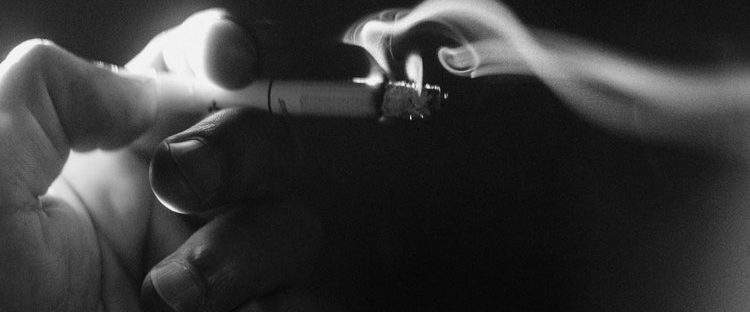Recovery is a lifelong journey. Relapses are common, especially in the first few years of sobriety. However, there are many things you can do to help maintain your sobriety. Staying sober takes hard work and time, but finding the “real you” and building a life you can be proud of is worth persevering through the tough times.
How to Stay Sober
1. Identify Your Triggers
One of the best things you can do for yourself when trying to remain sober is to identify your own personal triggers. Triggers can include people, places, items, situations, or anything else associated with your substance abuse. When you know more about the specific challenges that you face, you can start working on techniques to avoid or combat them.
2. Stay Away from Your Old Habits and Old Routines
To stay sober, it is a good idea to avoid locations and people associated with the substance you used to be addicted to. For example, if you were addicted to alcohol and are now sober—you can help yourself stay that way by avoiding bars and staying away from your former “drinking buddy” types of acquaintances.
3. Build a Structured Schedule
Another way you can work on your sobriety is to create a structured schedule for your life and daily routines. You can do this by finding a job, signing up for a class to learn more about a particular hobby, joining a gym and starting to work out in the mornings, or even attending group meetings with others who are also navigating recovery.
4. Find Positive Support Networks
Positive support networks can be extremely valuable when it comes to sobriety. You can join support groups for newly sober individuals, find a mentor to help you navigate building a sober lifestyle, or even just make new friends who share your interests and desire to remain sober.
Tharros House in Massachusetts
Living in a sober living home is also a great step toward continued sobriety. Sober living homes have many benefits, including helping residents with all of the above methods of staying sober. Reach out to us today at 617-249-1087 for more details on what Tharros House has to offer.











